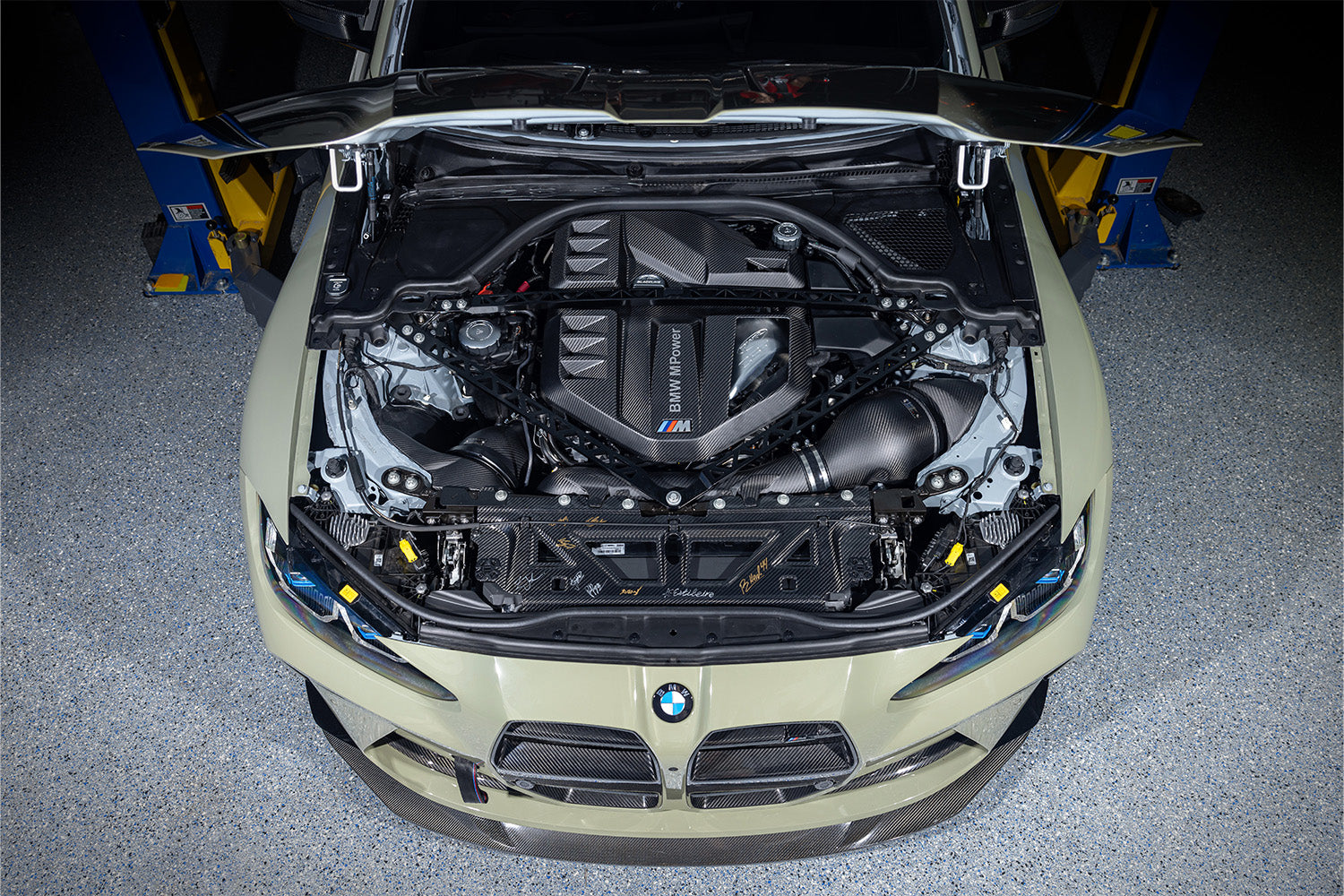Top 5 BMW Engine Technologies Transforming the Automotive Market
Top 5 BMW Engine Technologies Transforming the Automotive Market
Blog Article
Revealing the Intricacies of Next-Generation Power Units: a Deep Study Advanced Engine Technologies and layouts
As we stand on the precipice of a brand-new era in transport, the ins and outs of next-generation engine designs bid us to explore the advanced technologies and technologies that guarantee to redefine the driving experience. Diving deeper right into the worlds of discharge control, smart engine management systems, and the perspective of power device advancement, we locate ourselves on the cusp of a transformation that guarantees to reshape the landscape of wheelchair as we know it.
Development of Engine Materials

The shift towards advanced engine materials has likewise made it possible for designers to design engines with higher power outputs while keeping fuel effectiveness requirements. The use of lightweight materials reduces the general weight of the engine, leading to improved fuel economic climate and lower discharges. Furthermore, developments in materials innovation have allowed for better thermal monitoring within engines, causing raised integrity and durability.
Turbocharging and Supercharging Technologies
Exactly How do Turbocharging and Supercharging Technologies reinvent engine performance and efficiency in modern-day automobiles? Supercharging and turbocharging are technologies that significantly boost engine performance by raising the quantity of air intake right into the combustion chamber. Turbocharging achieves this by using a turbine driven by exhaust gases to pressurize the consumption air, while supercharging makes use of a belt- or chain-driven compressor to attain the exact same result.
These innovations enable smaller sized, much more fuel-efficient engines to produce power comparable to bigger ones, called downsizing. Forcibly more air right into the cyndrical tubes, turbocharging and turbo charging enhance burning effectiveness, causing increased horsepower and torque outcome without a substantial increase in engine size. This leads to better velocity, pulling ability, and overall driving performance.
In addition, turbocharging and supercharging add to improved fuel performance by allowing the usage of smaller sized engines that consume less fuel under regular driving problems - bmw engine. This combination of improved efficiency and performance has made turbocharging and supercharging indispensable components of numerous contemporary engine layouts
Exhaust Control and Environmental Impact
With enhancing international problems concerning air high quality and ecological sustainability, the execution of exhaust control modern technologies in lorries plays an essential function in minimizing damaging toxins released into the environment. Modern Click This Link automobiles are outfitted with sophisticated discharge control systems that assist lessen the ecological effect of auto procedures. Catalytic converters, as an example, are developed to convert harmful gases such as carbon monoxide, nitrogen oxides, and hydrocarbons into less damaging compounds like carbon dioxide and water vapor.
Additionally, developments in engine innovation, such as the combination of exhaust gas recirculation systems and selective catalytic reduction, have actually significantly added to decreasing discharges. These technologies function in tandem to optimize combustion performance and minimize the launch of unsafe contaminants into the air. Additionally, the development of crossbreed and electric vehicles stands for a crucial step towards decreasing the general environmental footprint of the transportation market.
Intelligent Engine Management Systems

Additionally, these systems enable automobiles to meet rigorous emissions criteria without endangering performance, supplying a more eco friendly driving experience. The assimilation of artificial knowledge and machine understanding capabilities in engine administration systems continues to push the borders of what is feasible, bring about additional renovations in efficiency, dependability, and overall lorry performance. bmw engine. As vehicle modern technology developments, smart engine management systems will play an essential function in forming the future of transportation towards a much more efficient and sustainable instructions
Future Trends in Power Device Development
As smart engine administration systems lead the means for boosted control and optimization in contemporary automobiles, future patterns in power system growth are positioned to redefine the landscape of auto propulsion modern technologies. These different power resources provide improved performance and efficiency while lining up with strict environmental regulations.
An additional considerable trend is the integration of innovative products and manufacturing techniques. Light-weight materials such as carbon fiber and aluminum are being utilized to lower general car weight, enhancing gas effectiveness and efficiency. In addition, improvements in 3D printing and additive manufacturing are enabling the manufacturing of complex engine parts with greater precision this contact form and sturdiness.
Furthermore, expert system and machine understanding are playing a vital function in maximizing power system efficiency. These innovations allow for real-time tracking and adaptive control, bring about much more reliable and effective power delivery. Generally, future trends in power system development are geared in the direction of sustainability, performance, and effectiveness, driving the auto industry towards a brand-new era of propulsion innovations.

Verdict
In final thought, the innovations in engine products, turbocharging, emission control, and intelligent administration systems have actually led the website here means for next-generation power units. The detailed styles and technologies in modern engines showcase the ongoing evolution of automobile innovation.
Exploring the modern innovations in engine products has actually been crucial in boosting the efficiency and performance of modern-day engines. Over the years, the evolution of engine materials has played a critical duty in pressing the borders of what engines can accomplish.The change in the direction of progressed engine products has likewise enabled engineers to make engines with greater power results while keeping gas effectiveness requirements.The application of smart engine administration systems in contemporary cars has revolutionized the way engines are regulated and maximized for performance and effectiveness. By collecting data in real-time and analyzing it with innovative formulas, intelligent engine management systems can adjust to driving designs, environmental factors, and engine wellness to take full advantage of power outcome while minimizing fuel consumption and emissions.
Report this page